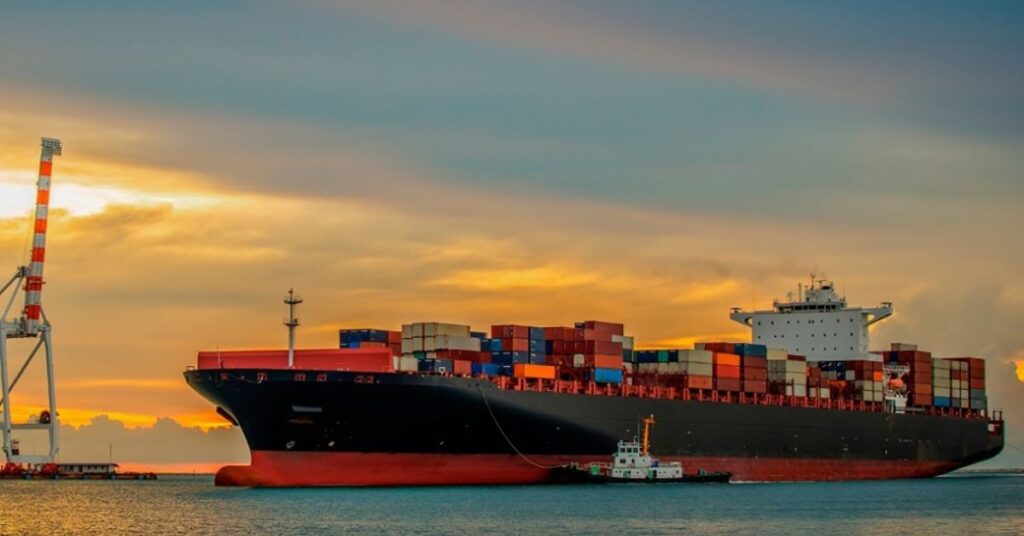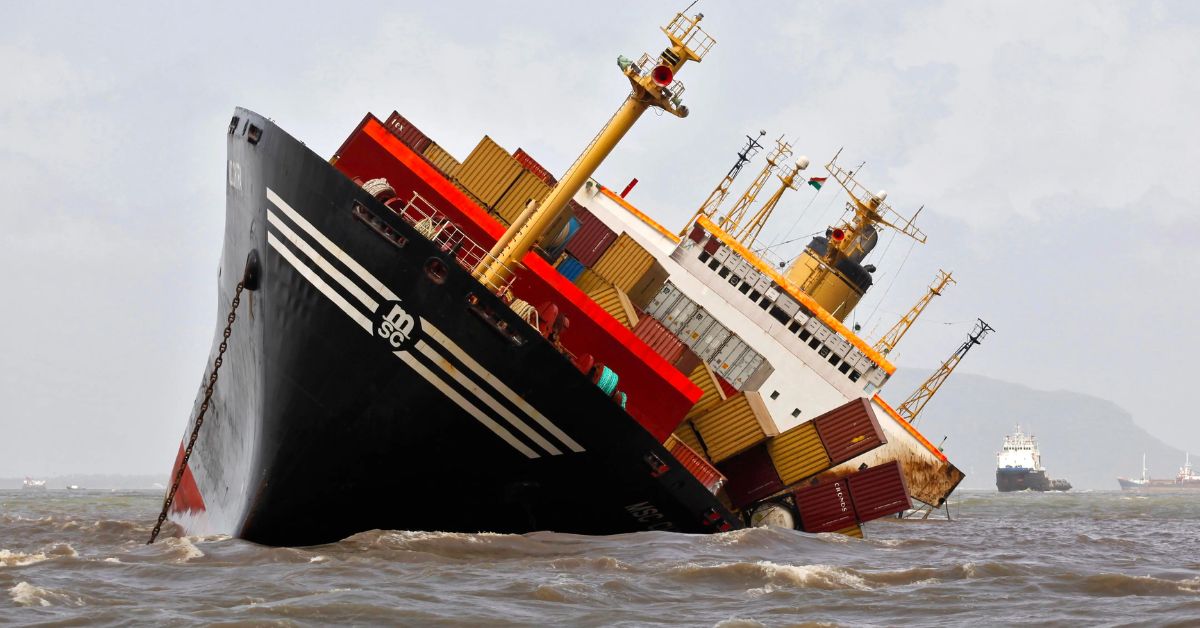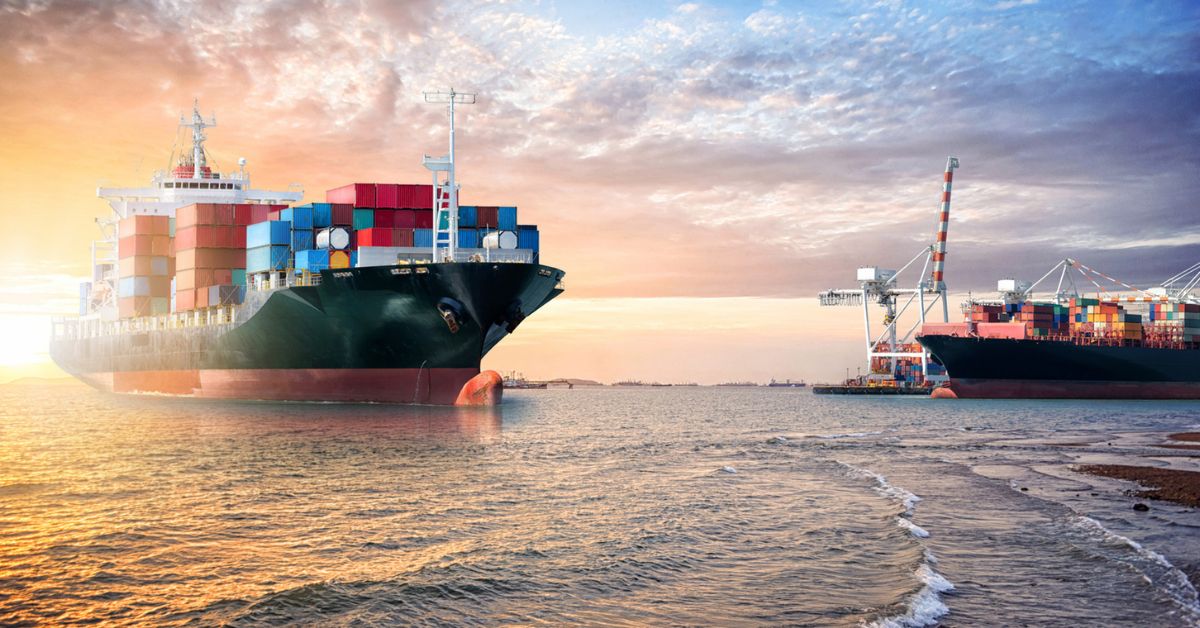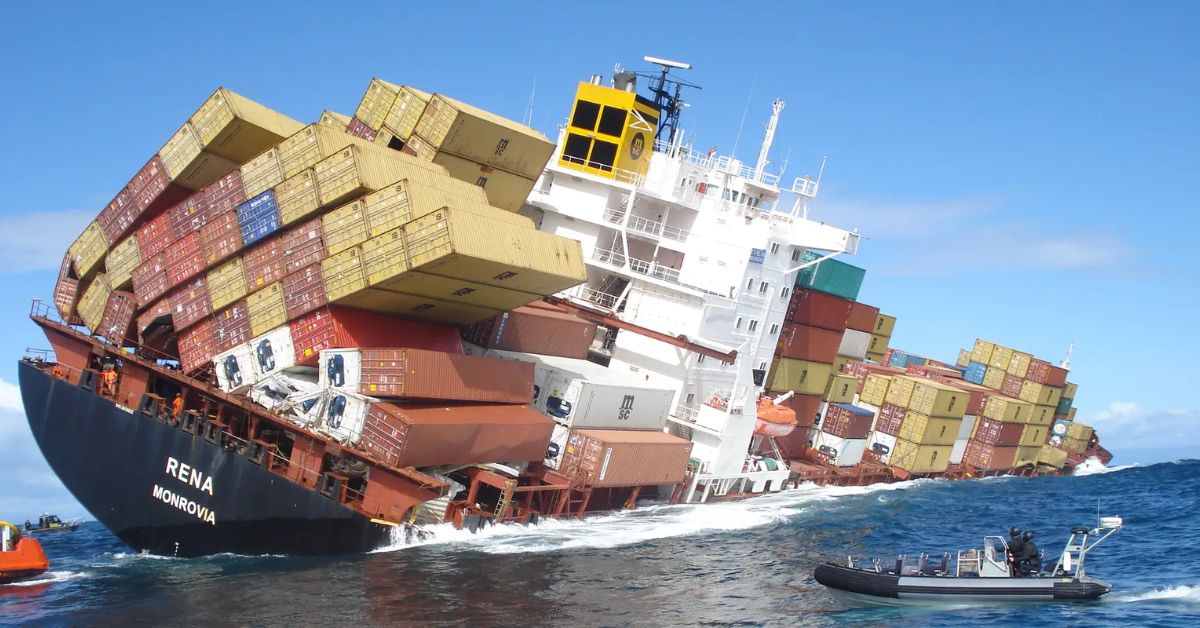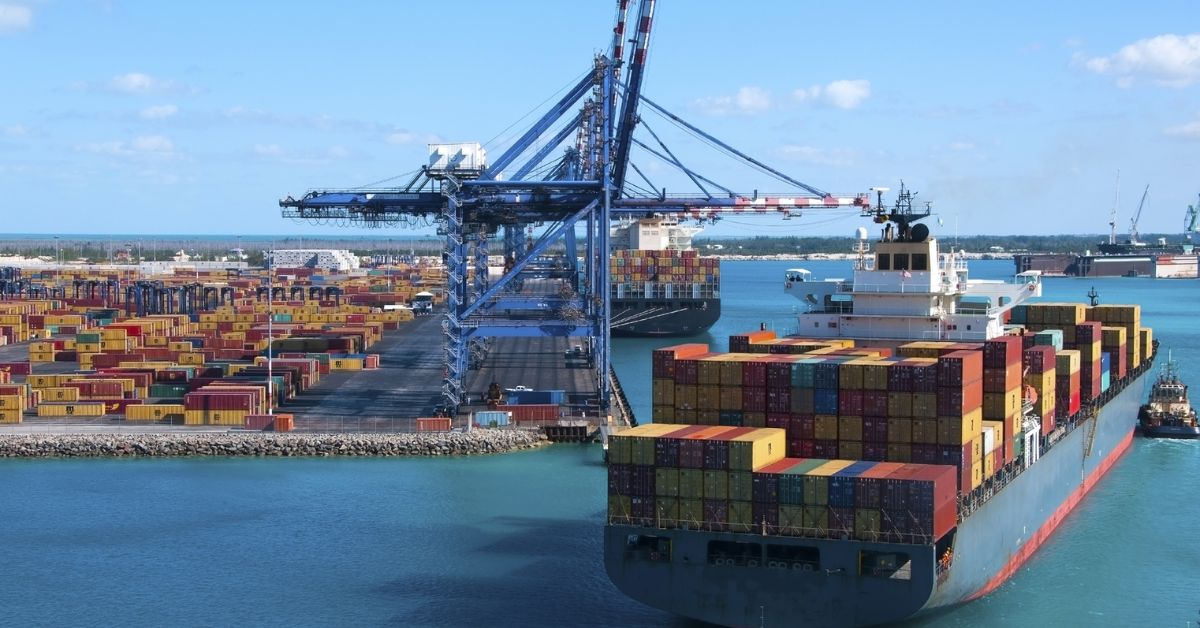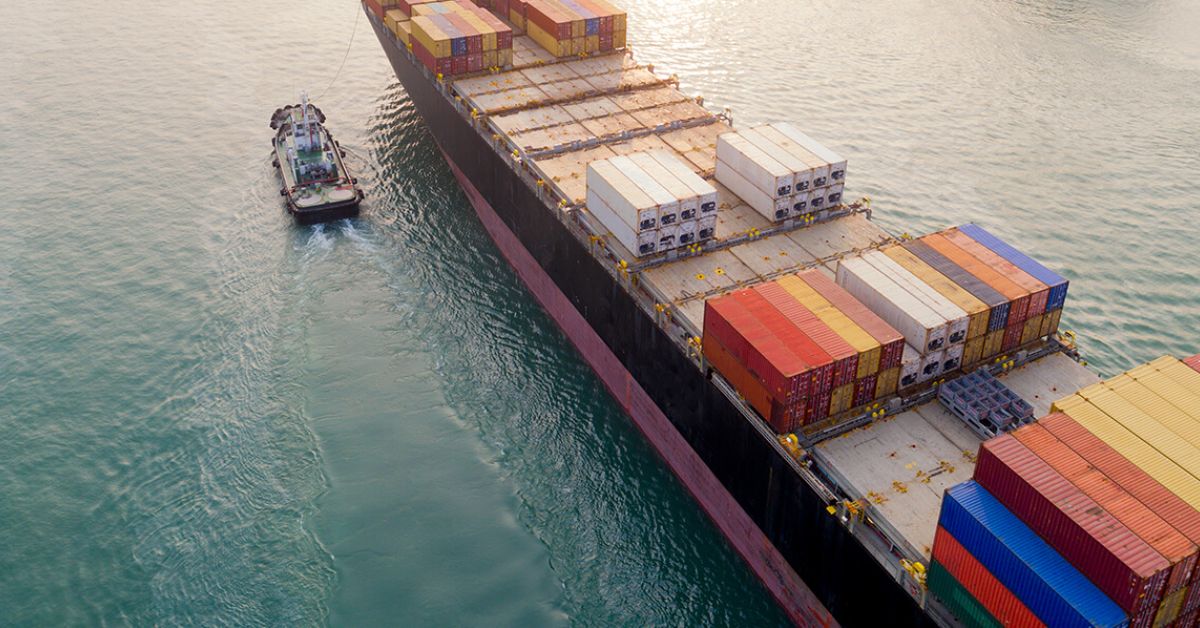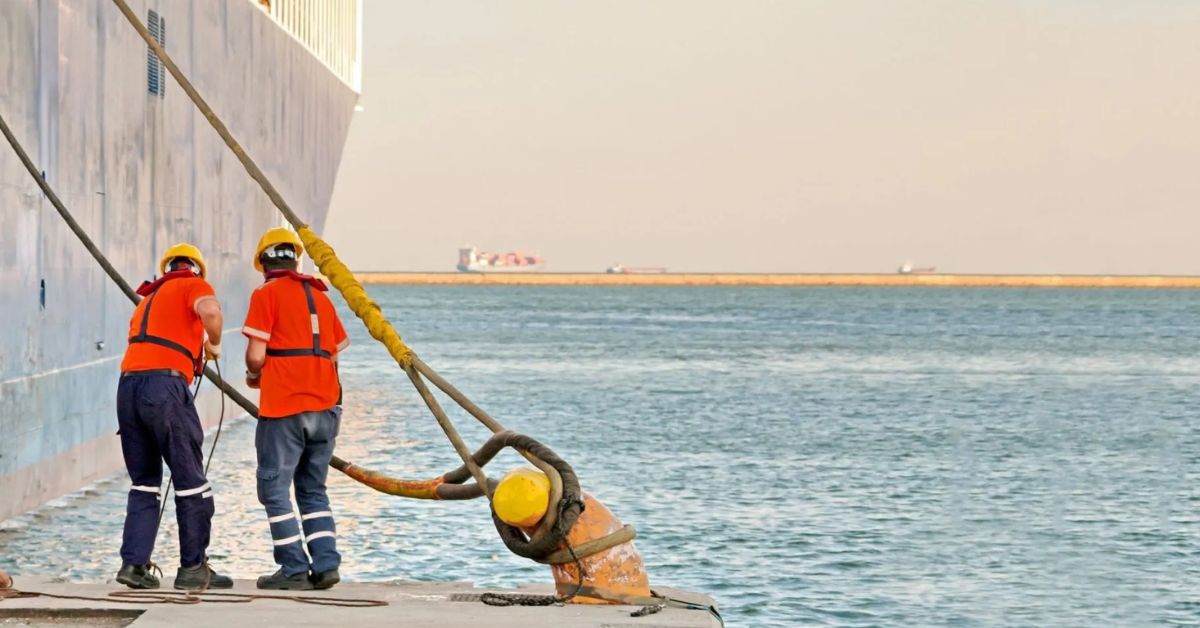Safeguarding sea-bound assets is crucial for businesses and individuals who rely on ocean transport. Ocean marine insurance provides comprehensive coverage for these valuable shipments, ensuring peace of mind. But who exactly needs this type of insurance, and why is it so vital? Let’s explore.
Ocean marine insurance is a crucial aspect of international trade, providing coverage for goods transported by sea. This specialized form of insurance protects against risks such as loss or damage to cargo, vessel accidents, and piracy. With the unpredictable nature of the ocean, businesses rely on marine insurance to safeguard their investments and maintain financial security.
Ocean Marine Insurance
Ocean marine insurance is a specialized form of coverage designed for the maritime industry. Whether shipping goods across the ocean or managing a fleet of vessels, this insurance protects against various risks. Understanding its importance and application will help you make informed decisions about your maritime needs.
Ocean marine insurance has a rich history dating back to the early days of sea trade. Over time, it has evolved to meet the complex needs of modern shipping and logistics. Today, it encompasses several types of coverage, each tailored to specific aspects of maritime operations.
Ocean marine insurance protects international trade, shipping, and maritime businesses. This specialized form of insurance covers risks associated with transporting goods and cargo by sea.
It safeguards against theft, damage, accidents, and natural disasters during maritime voyages. Ocean marine insurance policies provide comprehensive coverage for a wide range of assets, including cargo, vessels, and equipment, ensuring financial protection for policyholders in the event of unforeseen incidents.
With the global economy heavily reliant on maritime transportation, the demand for continues to grow, creating opportunities for insurers, brokers, underwriters, and other professionals in the field.
Understanding the complexities of ocean marine insurance regulations, requirements, and best practices is essential for stakeholders seeking to mitigate risks and secure their operations in the dynamic and challenging marine industry landscape.
The Different Types of Ocean Marine Insurance
Ocean marine insurance encompasses various types, including cargo insurance, hull insurance, and liability insurance. These policies protect against risks unique to maritime activities, ensuring comprehensive coverage for maritime businesses.
The various types of ocean marine insurance include cargo insurance, hull insurance, protection and indemnity (P&I) insurance, and freight insurance, each designed to cover different aspects of marine risks and liabilities.
Hull Insurance
Hull insurance covers a ship’s physical structure, including the vessel and machinery. Owners of cargo ships, fishing boats, and other sea vessels rely on hull insurance to protect their investments from damage caused by perils such as collisions, grounding, and severe weather.
Cargo Insurance
Cargo insurance covers the goods being transported by sea. This type of insurance is essential for importers, exporters, and logistics companies. It protects against loss or damage to cargo due to accidents, theft, or natural disasters. Cargo insurance ensures businesses recover financially if their goods are damaged or lost during transit.
Liability Insurance
Liability insurance addresses the legal responsibilities of shipowners and operators. It covers third-party claims arising from collisions, pollution, and bodily injury. This insurance is crucial for protecting against the financial consequences of legal actions resulting from maritime incidents.
Freight Insurance
Freight insurance provides coverage for the income earned from transporting goods. If a shipment is delayed or lost, this insurance compensates the carrier for the expected revenue loss. Freight insurance is essential for shipping companies that depend on consistent income from their operations.
Who Needs Ocean Marine Insurance and Why
Businesses involved in international trade, shipping, or maritime operations require to protect their assets, cargo, and vessels from risks like theft, damage, and accidents at sea.
Businesses engaged in marine activities, such as shipping, trading, import/export, and vessel ownership, require ocean marine insurance to mitigate financial risks associated with maritime operations and safeguard their assets.
Importers and Exporters
Importers and exporters are at the heart of global trade. They rely on ocean marine insurance to protect their goods during transit. With this coverage, businesses can avoid significant financial losses if their shipments are damaged or lost.
Shipowners and Operators
Shipowners and operators need hull and liability insurance to safeguard their vessels and operations. These types of insurance ensure that the physical assets and legal responsibilities are covered, allowing shipowners to focus on their core business activities.
Logistics Companies
Logistics companies manage the transportation of goods across various modes of transport. For those involved in ocean transport, cargo insurance is essential. It protects clients’ goods, enhancing the company’s reputation and reliability.
The Importance of Inland Marine Insurance
Inland marine insurance is essential for covering movable property and goods in transit, safeguarding against risks beyond traditional property policies. It provides vital protection for businesses with specialized or mobile assets.
Complementing Ocean Marine Insurance
Inland marine insurance complements ocean marine insurance by covering goods transported over land. This type of insurance is crucial for businesses that need to move goods from ports to their final destinations. It ensures continuous coverage from the point of origin to the final delivery.
Complementing , risk management strategies, emergency response plans, proper vessel maintenance, compliance with international regulations, and thorough due diligence can enhance the safeguarding of maritime assets and operations.
Protecting Diverse Assets
Inland marine insurance covers many assets, including construction equipment, fine art, and medical supplies. It protects goods and materials frequently in transit or stored at different locations. This flexibility makes it an essential component of a comprehensive insurance strategy.
Enhancing Business Continuity
Businesses that rely on the seamless movement of goods need inland marine insurance to maintain continuity. By protecting against losses during land transport, this insurance helps companies avoid disruptions and support their operations.
Ocean Marine Insurance in the USA Regulations and Requirements
Ocean marine insurance in the USA is subject to regulations and requirements set by federal and state authorities to ensure compliance and protect policyholders. These regulations govern policy terms, coverage limits, and insurer licensing, aiming to uphold standards and facilitate a fair and transparent insurance marketplace.
The USA is subject to state insurance regulations and federal maritime laws. To operate legally, insurers must meet financial solvency criteria, provide transparent policies, and adhere to industry standards.
Federal Regulations
In the USA, ocean marine insurance is subject to federal regulations. The Federal Maritime Commission oversees the licensing and enforcing rules for ocean transportation intermediaries. Compliance with these regulations ensures businesses operate within legal parameters and maintain the necessary insurance coverage.
State Requirements
Different states may have additional requirements for ocean marine insurance. Businesses need to be aware of state-specific regulations to ensure full compliance. Understanding these requirements helps prevent legal issues and ensures adequate insurance coverage.
International Considerations
Understanding the regulations and requirements of other countries is essential for businesses involved in international trade. International trade laws and agreements can impact insurance needs and coverage. Staying informed about these considerations helps companies avoid pitfalls and ensure smooth operations.
Ocean Marine Insurance Jobs and Career Opportunities
Career opportunities in ocean marine insurance offer diverse underwriting, claims assessment, risk analysis, and sales roles within the maritime industry. Professionals in this field facilitate global trade by managing risks associated with ocean transport, providing valuable expertise and support to ensure the smooth functioning of marine insurance operations.
Career opportunities in include underwriting, claims adjusting, risk management, brokerage, and sales. Jobs in this field offer opportunities to work with diverse marine-related businesses and insurance providers.
Insurance Underwriters
Insurance underwriters assess the risks associated with providing ocean marine insurance coverage. They evaluate applications, determine coverage terms, and set premiums. Underwriters ensure that insurance policies are fair and profitable for the insurance company.
Claims Adjusters
Claims adjusters investigate and evaluate insurance claims. In the context of ocean marine insurance, claims adjusters handle claims related to cargo damage, vessel incidents, and liability issues.
Risk Managers
Risk managers work with businesses to identify and mitigate potential risks. They develop strategies to minimize exposure to risks and ensure that appropriate insurance coverage is in place. Risk managers are essential for businesses that want to effectively protect their assets and operations.
Conclusion
This insurance covers many needs, from protecting physical assets to ensuring legal compliance. As the maritime industry continues to evolve, so will the need for specialized insurance coverage.
For businesses and individuals involved in shipping, investing in comprehensive ocean marine insurance is not just a smart move—it’s essential. Ensuring you have the right coverage will provide peace of mind and allow you to focus on what truly matters.
Ready to protect your maritime investments? Explore our options and secure your future on the open seas.
FAQ
What is ocean marine insurance coverage?
It is intended to aid in the protection of cargo and goods while they are being transported, either locally or abroad, on board commercial boats. Policies for marine insurance may also cover cargo during other phases of transportation, such as air or land.
What is the coverage of marine insurance?
Marine insurance covers any damage or loss related to ships, cargo, terminals, transports, or transfers. Simply put, a marine insurance policy will cover any loss or damage surrounding the boat or watercraft.
What is not covered by marine insurance?
All boat insurance policies have exclusions. The excluded items vary from company to company but generally include loss caused by wear and tear, gradual deterioration, weathering, insects, mold, animals, and marine life. Some companies cover damage caused by zebra mussels; others do not.
Which of the following is covered by ocean marine insurance?
Hull Coverage pays for physical damage losses caused to the vessel resulting from various perils like fire, lightning, windstorms, hail, tornadoes, collisions, sinking, and other risks specified in the policy.
What usual perils are covered by a marine policy?
Although perils covered are determined by the type of insurance, two types of insurance commonly cover specific risks. House insurance considers fire and theft as perils, while marine insurance typically includes coverage for ship wreckage, collision, and fire damage.

